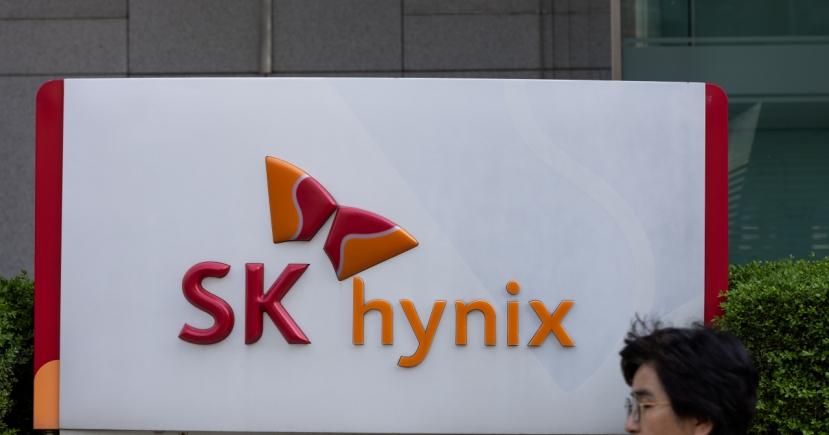Finance
Japan's historic rate pivot won't roil Korea: experts
 |
A man walks past the Bank of Japan headquarters complex in central Tokyo on Tuesday. (AFP) |
The Bank of Japan's first interest rate hike in almost two decades has rattled the global economy, yet it may not have as much of an impact in South Korea, at least not for a while.
The central bank of Japan on Tuesday announced it is lifting its short-term policy rate to a range of 0 to 0.1 percent from minus 0.1 percent, stepping away from the negative interest rate policy it had been applying since 2016 to fight chronic deflation. It also marked the central bank's first interest rate hike in 17 years.
The decision comes as Japan has witnessed signs of a strong economic recovery, with inflation and wages both increasing steadily for some time. Last year, the core consumer price index surged by 3.1 percent annually, the highest since 1982, after maintaining levels above the BOJ's 2 percent target for 22 consecutive months. Japan's largest trade union recently negotiated a substantial wage increase of 5.3 percent from employers, the most significant hike since 1991.
In addition to dropping its negative rates policy, the BOJ announced a comprehensive scrapping of its monetary easing measures, including the yield curve control policy and purchases of high-risk assets such as exchange-traded funds. It will maintain its purchase of government bonds, however.
Despite the historic nature of the policy pivot, experts anticipate limited immediate global market turbulence. Market analysts suggest that the anticipated policy shift had already been factored into market expectations, resulting in minimal changes following Tuesday's announcement.
The Japanese yen depreciated to over 150 per US dollar on Tuesday, marking its weakest value this year.
This trend will continue, according to Samsung Securities economist Chung Sung-tai, particularly as the BOJ is expected to adopt a "cautious and gradual approach" to further adjustments. Chung suggested that another rate hike may occur once more this year, likely around September or October, with the increase expected to reach approximately 0.15 percent.
Japan's monetary policies are poised to be further influenced by forthcoming rate decisions from the US Federal Reserve, according to experts.
"If the BOJ's interest rate hike coincided with the US Fed's easing of its rates, it could have bolstered the yen, potentially benefiting South Korea. However, as of now, it appears the Fed will not adjust rates imminently, so we'll have to wait and see what's to come next," explained Jo Ui-yoon, a senior researcher at the Korea International Trade Association.
For local companies that compete in the international market against Japanese firms, such as those in the auto and shipbuilding industries, Japan's anticipated interest rate hike is anticipated to have a positive impact.
"The Japanese stock market thrived considerably when the yen was weak, with the nation's export-oriented companies leading the growth. On the other hand, when the Korean won weakens comparatively to Japan's yen, it often leads to an influx of foreign investors into the Korean market as well as stronger stock prices than those in Japan," said Huh Jae-hwan, an analyst at Eugene Investment & Securities.
Meanwhile, as the BOJ moves toward normalizing its monetary policies, it has signaled no sharp rate hike to come, as it expects "accommodative financial conditions to be maintained for the time being," according to reports.
By Choi Ji-won (jwc@heraldcorp.com)
The Korea Herald








